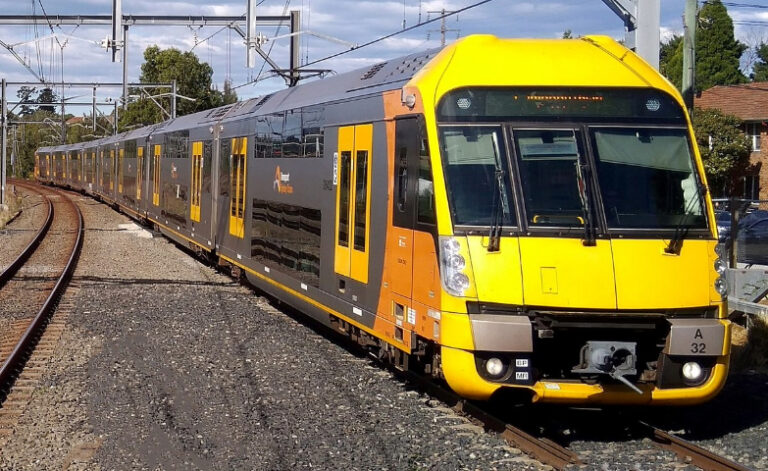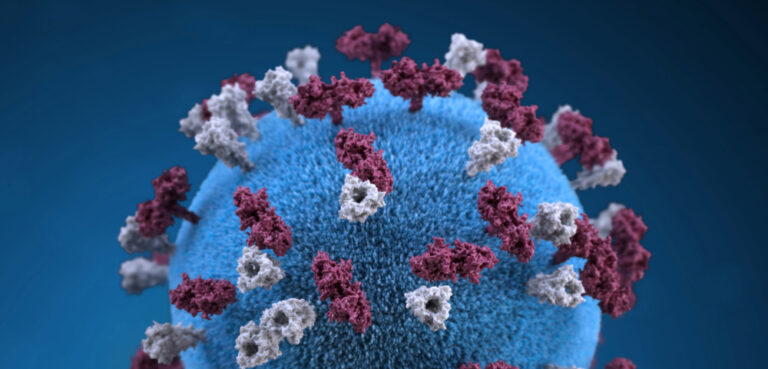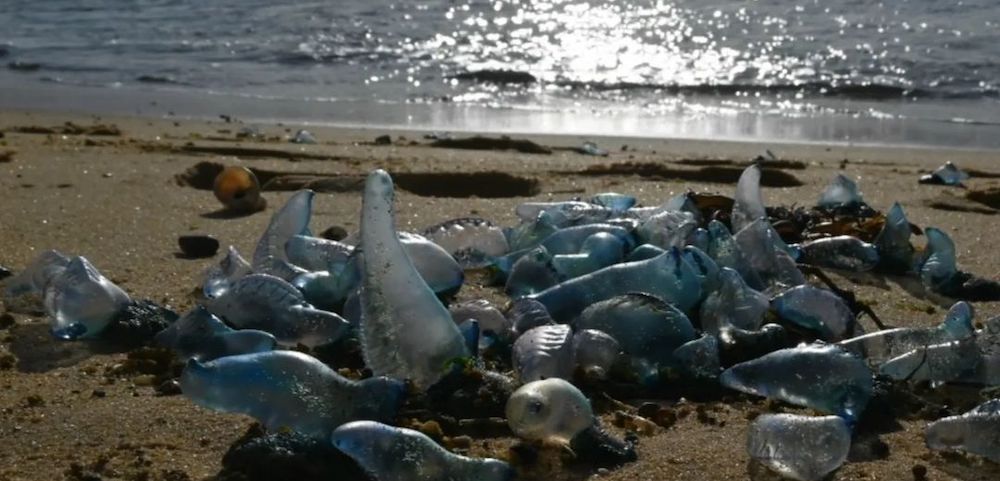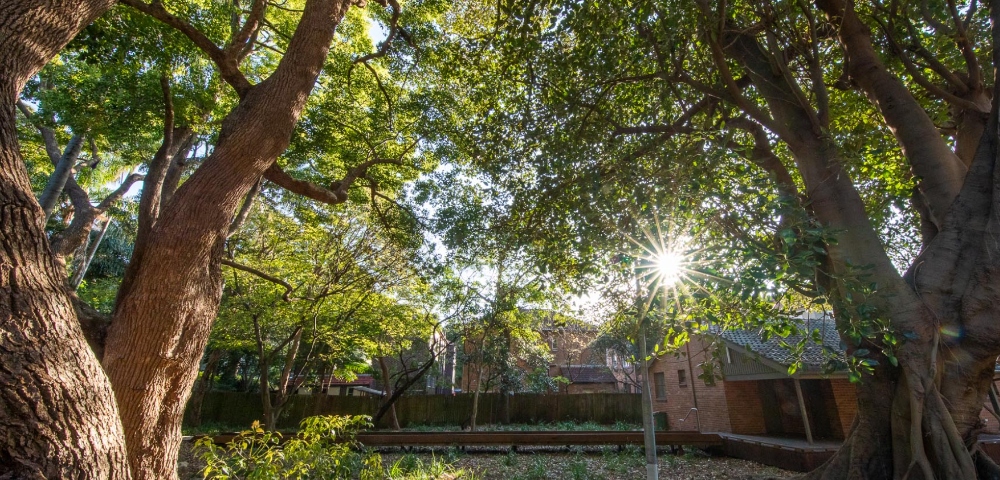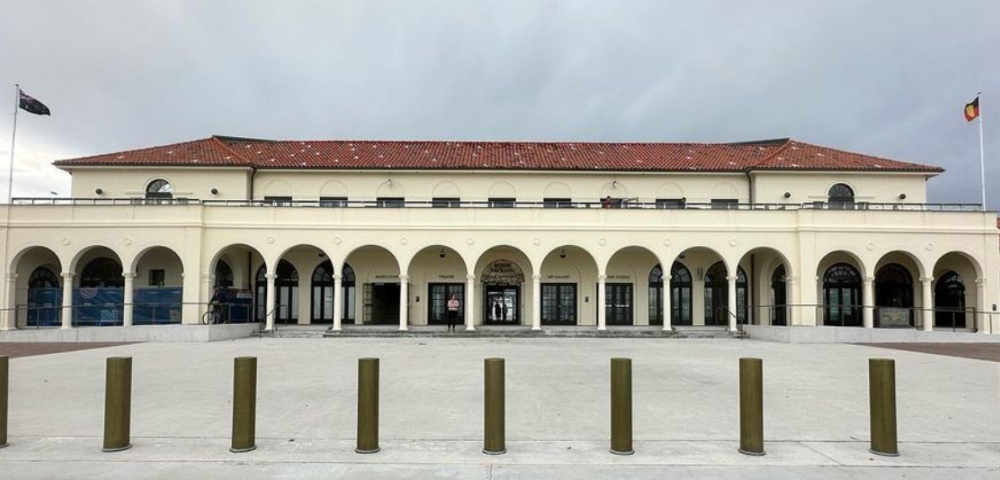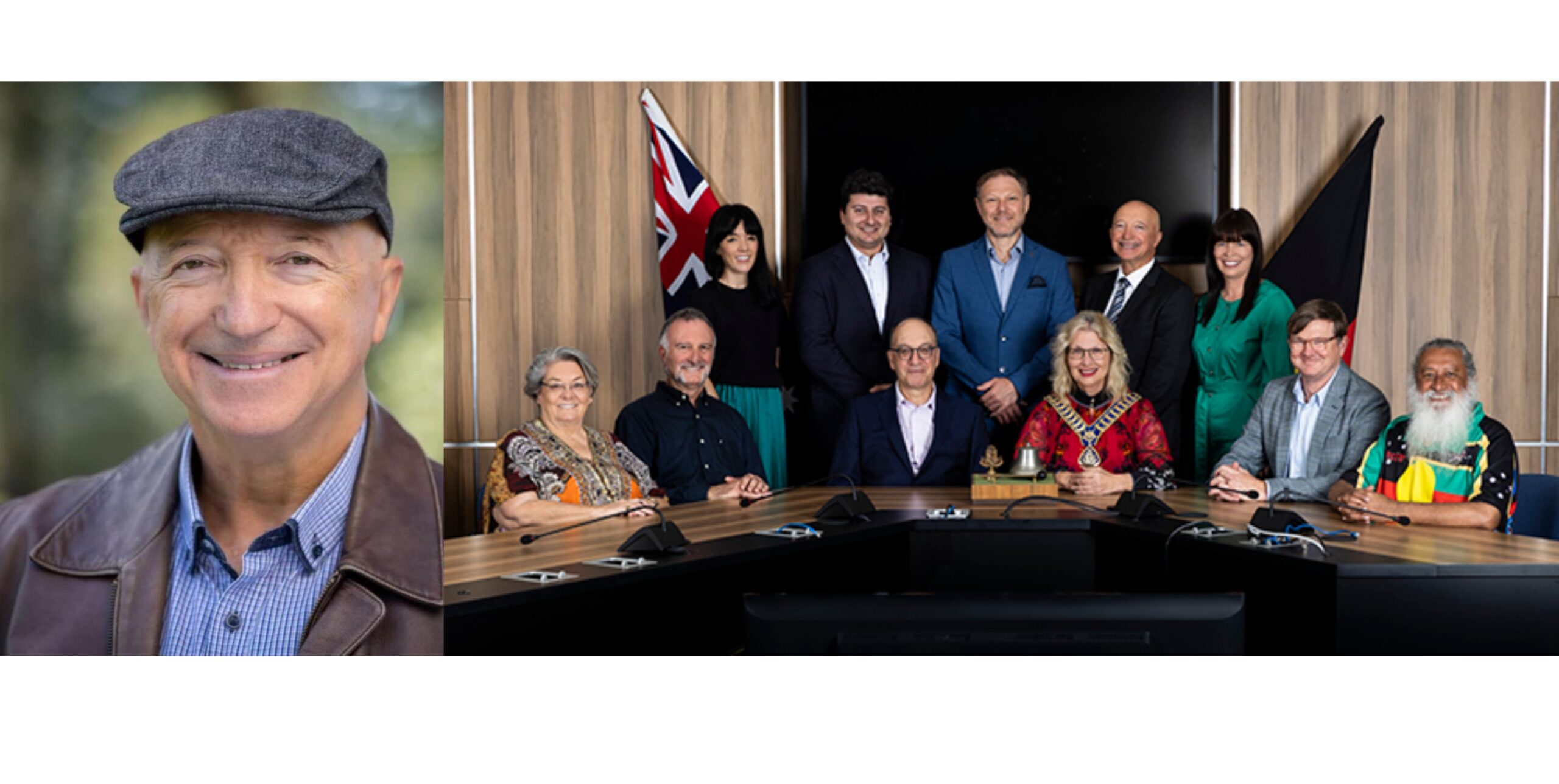
Recycling rates lagging targets
By Wendy Parkin
A national container deposit scheme would save councils the considerable cost of cleaning up the mess created by dumped drink containers, according to Waverley mayor Ingrid Strewe.
The National Packaging Covenant does not work and should be replaced with a national container deposit scheme (CDL), she said: ‘The covenant is not working. It’s voluntary and 1.5 billion containers are still going to landfill, and our streets are literally littered with beverage containers. The signatories are rushing to introduce new technology to try to prove it works.’
Councillor Strewe said that under the current scheme, responsibility for disposal has fallen to councils.
‘Councils are doing so much to keep litter off the streets. They’ve palmed the cost off on councils,’ she said.
The National Packaging Covenant is a voluntary agreement among 600 signatories: government, industry, community and environmental groups that aim for a 65 per cent recycling rate by 2010.
But Jeff Angel, director Total Environment Centre, has leaked a draft report that suggests recycling rates ‘ particularly of plastics, glass, tin and steel ‘ are failing to meet targets, stagnating at around 30 per cent. Mr Angel also suggests the figures are exaggerated and the National Packaging Covenant has become an industry body refusing to consider Container Deposit Legislation (CDL).
Ed Cordner, chief executive of The National Packaging Covenant, said the compilation of comprehensive packaging consumption and recycling figures was complex.
‘I would challenge anyone who claims perfect results from crunching such complex numbers for only the second time. For example, there are seven types of plastics and eight different types of paper/cardboard packing,’ Mr Cordner said. ‘By leaking the draft report to the media, Mr Angel has breached his commitment of confidentiality to his fellow Council members.’
Mr Cordner added that the leaked draft report was incomplete and would be reviewed by Council members and noted by Ministers before it was released.
A meeting of Australia’s environment ministers last month agreed to investigate the merits of a national container deposit scheme but failed to agree on a plan for dealing with plastic bags, other than to launch a national litter reduction campaign.
Research commissioned by Clean Up Australia found that 83 per cent of people in NSW support the introduction of a refund scheme for bottles and cans.
But NSW Environment Minister Verity Firth said she would not commit NSW to supporting a scheme under which consumers could pay more for drinks and later receive a refund.
Mayor Ingrid Stewe, a strong supporter of a container deposit system, said it would reduce rubbish being dumped into landfill and reduce greenhouse gas emissions.
‘A cash refund scheme for drink bottles and cans similar to what has been in place in South Australia for about 30 years would significantly increase recycling rates in NSW,’ she said.
‘They [ministers] should also have banned plastic bags. It needs to be a national solution ‘ maybe next year. Let’s do CDL first.’
